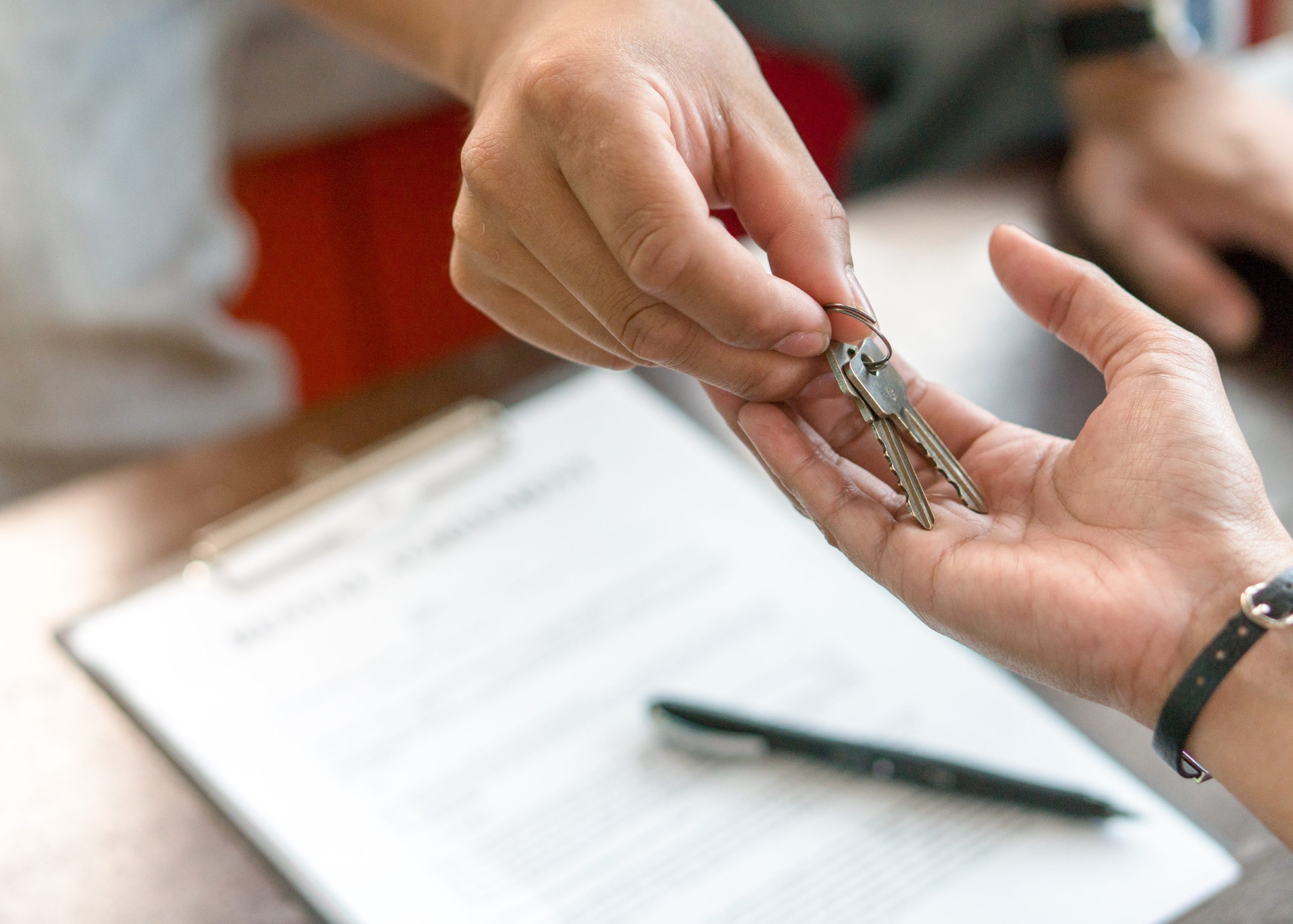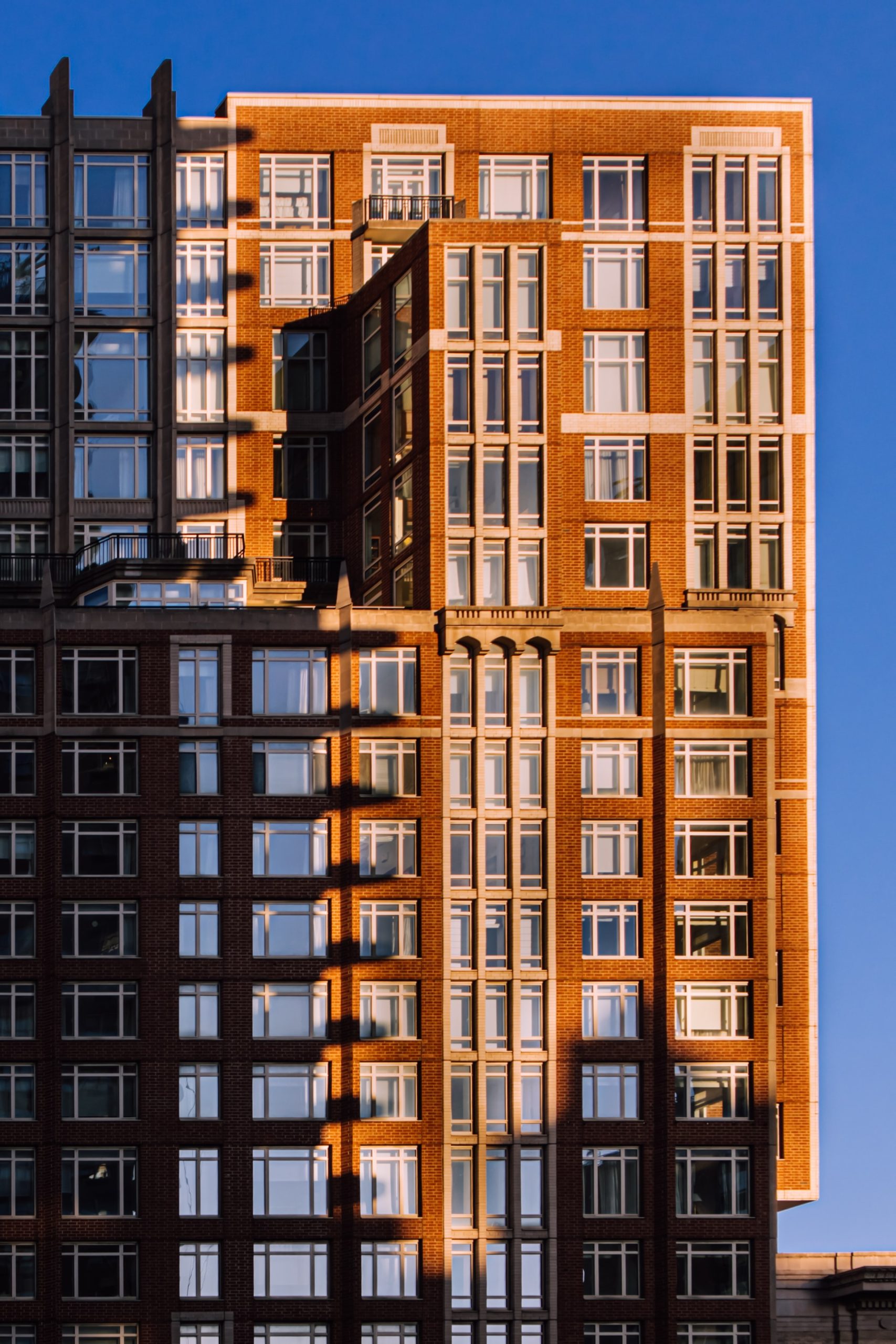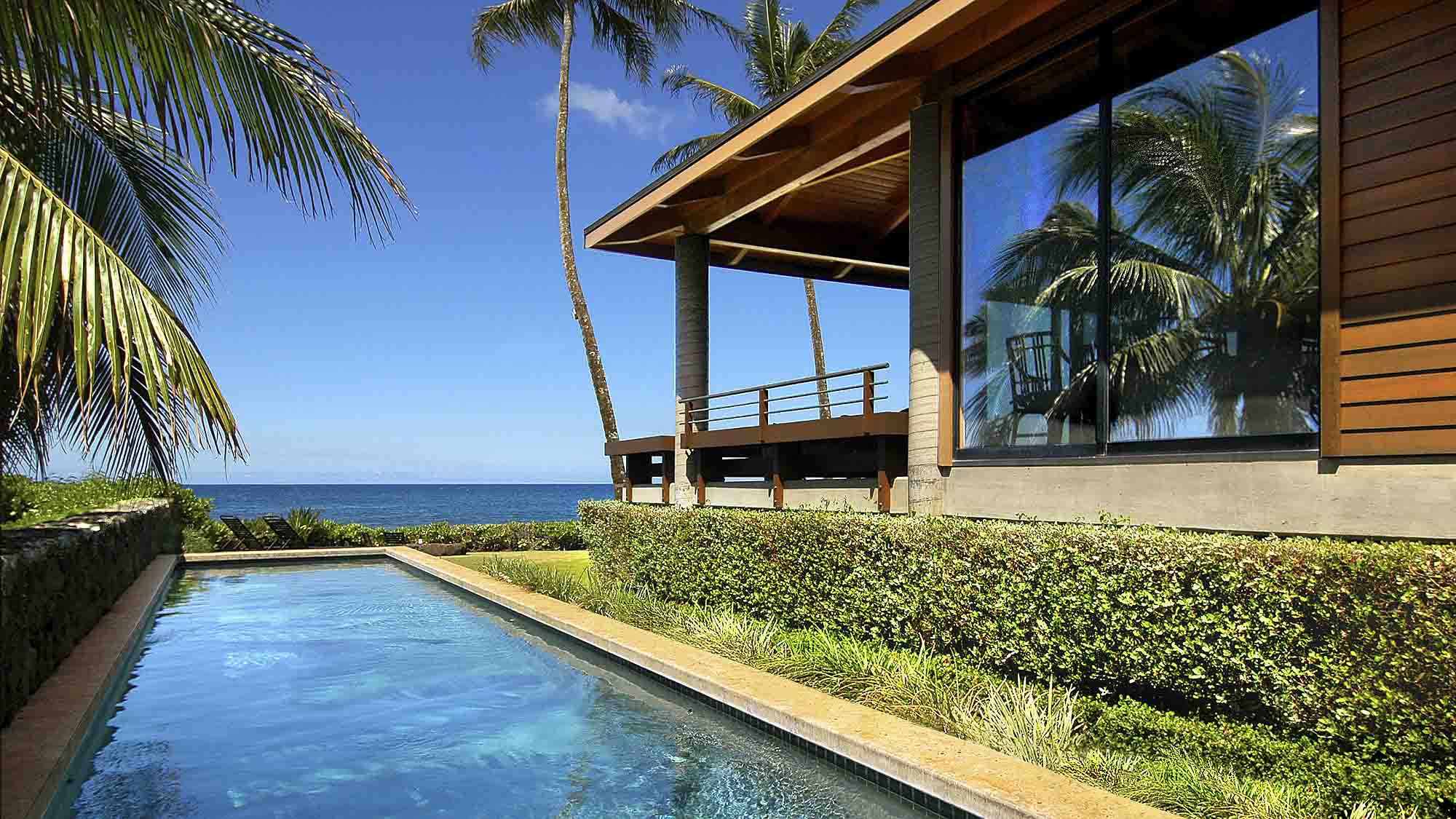Spoiler: YES, you could benefit by buying a property and borrowing money from the bank! Many people celebrate the day they finally finish paying off the mortgage on their home. From now on, they are the sole owners of their home- the bank no longer owns any of it! While it’s easy to understand the appeal of financial freedom, it may not be the best financial decision for everyone.
Even if you have the cash to buy a property, it may be more efficient to finance it in part with a loan- whether it’s your vacation home or just an investment property. After all, interest rates are still near all-time lows, and, in most countries, the rate you pay on a mortgage is significantly lower than the rental return you can expect from a property.
1. Mortgages allow you to stretch your budget

For example, you may have enough money to buy an apartment in the south of Spain, but by using bank financing, you could find a villa within your budget. This is not only good news for your lifestyle, but if you buy wisely and in a market where there are not too many properties available, you will get a better return on investment.
2. You get all the benefits it can provide without having to pay the whole bill!
Again, let’s simplify the calculations and take the example of a villa financed equally by equity and debt, with a total value of 1 million dollars. If the value of the property increases, the bank doesn’t get a piece of the pie. All the bank has the right to ask to be reimbursed for the amount of the loan and interest due. (However, be sure to check the paperwork for any penalties that may arise from prepayment).
If you buy with cash and the value of the property increases to 1.2 million dollars, you have achieved a 20% return on investment. But if you only contribute 50% cash, i.e., 500,000 dollars, you have achieved a 40% return on investment, taking only your money into an account. This is called leverage.
Of course, the disadvantage is that if the value of the property collapses, you may find yourself owing the bank more than the value of the property. That’s why you need to be careful when taking out a loan- be especially careful not to take more than 70% or 80% of the price, try to borrow at fixed rates and for a long term when you can, and try to avoid using multiple currencies, such as borrowing in dollars for a home in the Eurozone.
3. With a mortgage, you can take advantage of a larger budget

In the same situation, another approach would be to buy two apartments instead of one as a second home and one as a rental investment. By using the loan, you’ve added an income-producing asset to your portfolio, and if you’re lucky and find two apartments in the same real estate development, you can even get a discount for buying multiple units.
4. You free up money for other investments or projects
Real estate is by nature an illiquid investment- it is not easy to sell it quickly. It’s best to put at least some of your money into more liquid assets such as stocks, bonds, and bank deposits, which are easier to access and can also provide diversification. It is not wise to tie up your entire investment in a Spanish villa. You are not putting all your eggs in one basket by placing 50% of your portfolio in real estate and 50% in stocks and bonds.
Financing investment property can be slightly complicated, as banks generally prefer to grant mortgages to owner-occupiers. However, it is quite common in the United States for families to buy a rental property as an investment, and affordability figures work the same way as they do for your own home: monthly payments, as well as any other services related to the loan, should be less than one-third of your gross monthly income.
5. Banks like clients with a good rental investment history

There are some additional advantages if you already have an income-producing property. For example, American banks allow 80% of rental income to be included in the calculation. And it may be easier to apply for a mortgage in a country when you have already purchased an income-producing property, or bought your own home (primary or secondary) and proved to the bank that you are a good customer.
Sound off in the comments section below and tell us what you want to read next and if you want to read more about taking out a mortgage.



